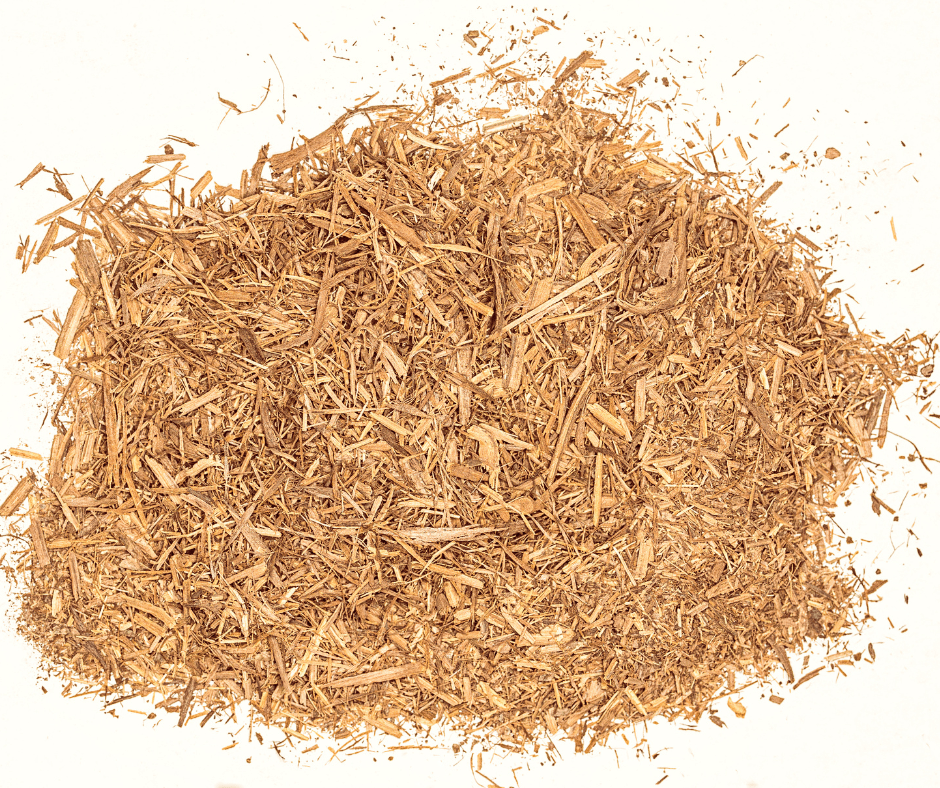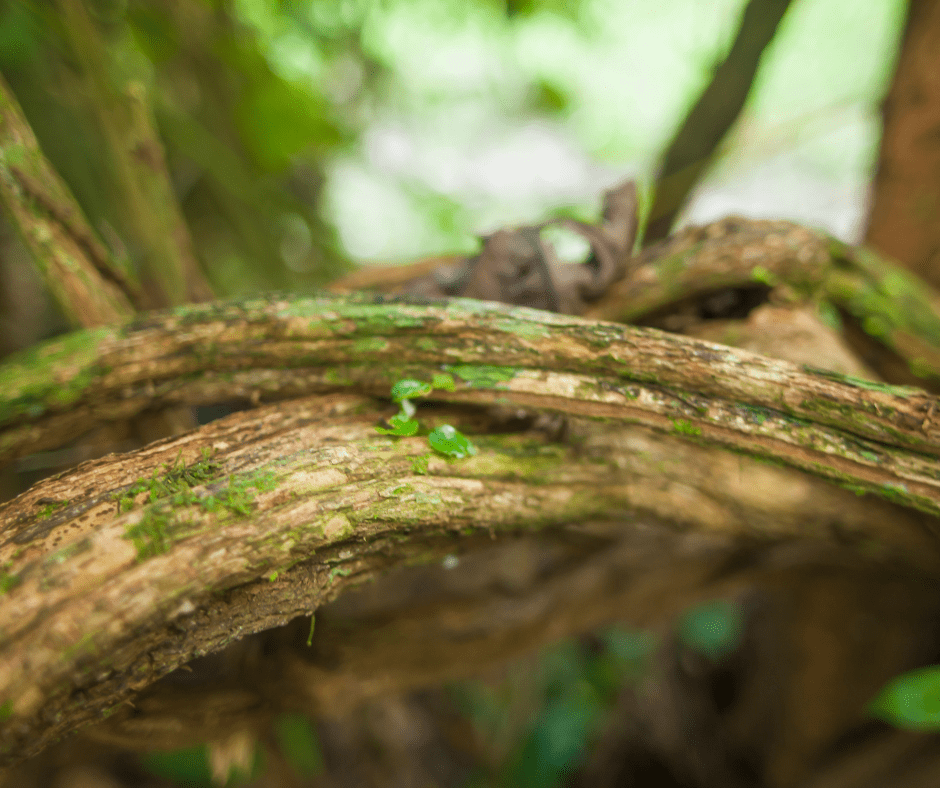Key Takeaway:
- Ayahuasca has a significant cultural and spiritual significance and must be respected as such. Its roots should be traced and understood, and its role in religious and spiritual practices should be recognized.
- The ethics of Ayahuasca tourism should be explored, including the commercialization of Ayahuasca, its environmental impact, and the potential exploitation of local communities.
- Ayahuasca tourism can offer economic growth, cultural exchange, and spiritual transformation, but ethical guidelines should be developed to ensure safety and wellness of participants and respect for Ayahuasca’s spiritual and cultural significance.
Do you want to explore the potential benefits of ayahuasca without participating in an unethical tour? With ayahuasca tourism becoming increasingly popular, understanding the ethical implications is imperative. Get the facts you need to make an informed decision with this guide to the ethics of ayahuasca tourism.
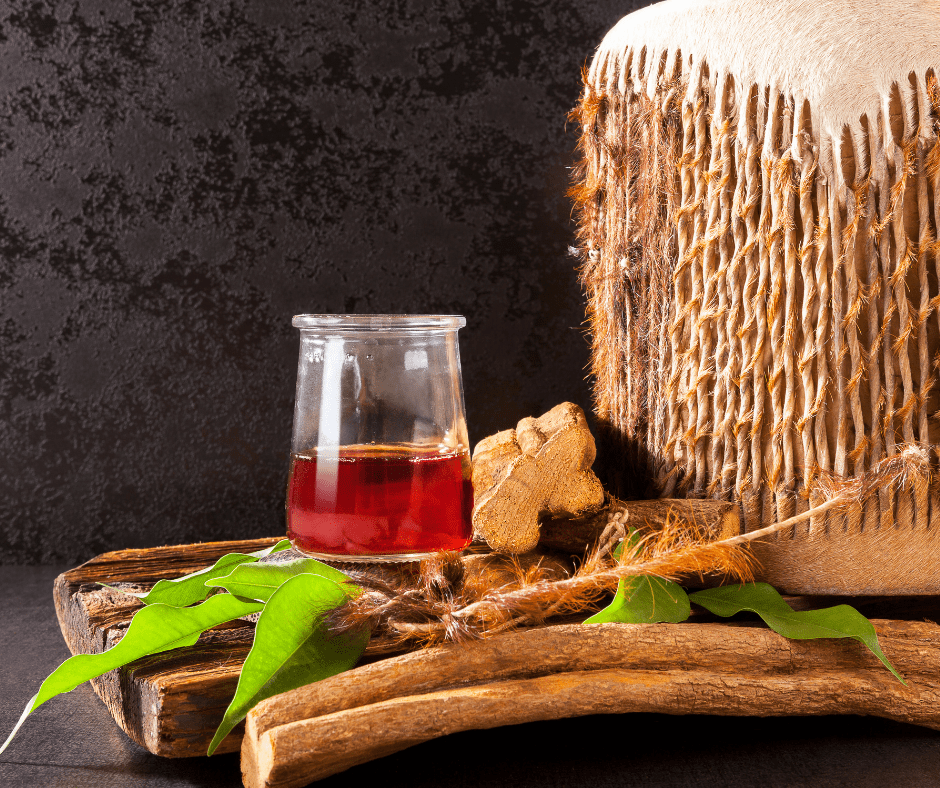
Understanding the Significance of Ayahuasca in Spirituality and Culture
As someone who has personally experienced the profound effects of ayahuasca, I’ve always been fascinated by the origins and deeper cultural significance of this spiritual medicine. In this section, we’ll take a closer look at the role of ayahuasca in religious and spiritual practices. To fully appreciate the place of ayahuasca in spirituality, we’ll first need to trace its roots back through history. From there, we’ll explore the different ways in which ayahuasca has been employed in different cultural and religious contexts. Let’s dive in and discover the rich tapestry of meaning behind this powerful plant medicine.
Tracing the Roots of Ayahuasca
The use of Ayahuasca for spiritual and cultural purposes is deeply rooted in the South American continent, particularly the Amazon region. Tracing the roots of Ayahuasca can reveal its historical significance and the reason behind its potency.
Ayahuasca is a powerful hallucinogenic brew made by mixing two plants, Banisteriopsis caapi and Psychotria viridis. The former contains harmine, harmaline and tetrahydroharmine, which act as monoamine oxidase inhibitors (MAOI), while the latter contains dimethyltryptamine (DMT), a psychoactive compound that when ingested orally is typically inactive due to MAO enzymes in the body. Harmala alkaloids enable DMT to be active upon oral consumpsion like ayahuasca tea would because they inhibit MAO enzyme activity from breaking down ingested DMT.
Ayahuasca has been used for centuries by indigenous peoples for healing purposes, divinatory visions, and communication with spirits. It was traditionally consumed under the supervision of experienced shamans during long ceremonies involving singing, burning of incense, and purification rituals. However, in recent years, Ayahuasca has gained popularity among tourists seeking spiritual experiences or healing. Book An Ayahuasca Retreat Ayahuasca Is A plant-based medicine that may have side effects. Make sure and do independent research before attending a retreat.
One valuable piece of information regarding Ayahuasca is that it cannot be taken lightly as it can have harmful effects on those who do not take proper precautions during consumption. Therefore it is important to seek out an experienced shaman or practitioner familiar with these practices rather than trying it alone without any assistance.
The use of Ayahuasca has been proven to have profound effects on an individual’s spiritual growth and awakening so much so that famed philosopher Terence McKenna went on record stating that “Ayahuasca shows people what they need to do— what they need to stop doing— if they are going to save themselves from destruction.”
As I had my share of this potent mixture under the watchful eye of a shaman, Ayahuasca has certainly opened a door within me all without any physical or psychological harm. However, great caution should be taken when engaging in this practice. So, let’s now dive into the role of Ayahuasca in religious and spiritual practices.
Ayahuasca’s Role in Religious and Spiritual Practices
Ayahuasca’s Role in Religious and Spiritual Practices is a deeply complex and intricate topic that has begun to gain more attention in recent years. This powerful plant medicine, native to the Amazon rainforest, has been used for centuries by indigenous peoples in their spiritual and healing practices. It is believed to offer a connection to the divine and access to higher states of consciousness.
Ayahuasca works by combining two plants that, when brewed together, create a potion with psychedelic properties. The user drinks this brew during a ceremony led by an experienced shaman who serves as a guide through the journey. The effects of Ayahuasca can vary greatly from person to person but often include intense visuals, emotional catharsis, and profound insights into one’s self and life direction.
The reasons behind Ayahuasca’s effectiveness are still being studied but it is believed that the unique combination of plant chemistry and cultural context play a large role. Indigenous cultures have developed intricate rituals and beliefs over centuries of use which contribute to the ceremonial atmosphere and healing experience.
Ayahuasca’s Role in Religious and Spiritual Practices offers immense potential for personal growth, healing, and spiritual expansion. The benefits are not limited to indigenous peoples alone- people from all walks of life have reported life-changing experiences after drinking Ayahuasca. For those seeking answers or struggling with addiction or mental health issues, Ayahuasca can provide an alternative approach to healing that prioritizes holistic wellness.
To miss out on experiencing Ayahuasca’s transformative power would be a great loss for those searching for deeper meaning in their lives. It offers access to unknown parts of ourselves that hold great potential for growth if we are willing to work through the challenges it presents.
Ready to explore the Ethics surrounding Ayahuasca Tourism? Join me as we delve into the complications of this increasingly popular trend in first-person voice – “I couldn’t help but wonder about the ethical implications surrounding Ayahuasca Tourism…”
Ayahuasca Tourism: Exploring the Ethics
As a frequent traveler, I’ve observed an increasing trend towards Ayahuasca tourism. Ayahuasca is a powerful plant medicine that has been traditionally used for centuries by indigenous communities in the Amazon rainforest. But as this spiritual practice has gained popularity, it has also led to the commercialization of Ayahuasca and an increase in Ayahuasca tourism.
In this section, we’ll explore the ethics surrounding Ayahuasca tourism. We’ll investigate the commercialization of Ayahuasca, the environmental impact of Ayahuasca tourism, and address the potential exploitation of local communities.
The Commercialization of Ayahuasca
If you’re looking for a way to experience the traditional, spiritual practice of Ayahuasca in South America, it seems that commercialization is your only option. The commercialization of Ayahuasca can be seen as an attempt to provide access to spiritual and cultural experiences for people across the world while providing money for shamans and locals who host retreats.
The commercialization process primarily involves offering attendees the opportunity to participate in ceremonies led by a shaman who prepares and administers Ayahuasca. Attendees often stay in lodges or reserved areas during their stay and have amenities like electricity and purified water. Typically, facilitators offer package deals that include meals, ceremonies, transportation, and sometimes even post-ceremony counseling.
There are several reasons why commercialization is thriving: ayahuasca is not a cheap drug; you need guidance from a specialist to use it properly. Moreover, ayahuasca tourism is about more than just getting high; people want access to these types of experiences because they feel stuck or dissatisfied with their lives.
Despite the benefits of accessibility that come with commercializing Ayahuasca, some argue that this has led to cultural commodification, exploitation of indigenous peoples’ knowledge systems, loss of original intentions behind plant-medicines as well as infringement on indigenous intellectual property rights.
I remember being at an Ayahuasca ceremony where one eager participant took part in multiple ceremonies within three days despite warnings from his guide about spaced out dosages as he was flying back home on Monday morning. Unfortunately, he ended up having a medical emergency after experiencing apparent cardiovascular distress. His point being that convenience comes with risks; not everything can always be sanitized for your convenience (and maybe that’s okay).
While we’re connecting with Mother Nature through our plant-medicines journey – let’s not forget Mama Earth!
Environmental Impact of Ayahuasca Tourism
Environmental Impact of Ayahuasca Tourism
Ayahuasca tourism has been growing in popularity as more and more people seek out the spiritual and medicinal benefits of this powerful Amazonian plant medicine. However, the environmental impact of this tourism is often overlooked. In this section, we will explore the ways in which ayahuasca tourism can have a detrimental effect on the environment.
| Environmental Impact | Examples | Potential Consequences |
|---|---|---|
| Deforestation | Clearing land to create retreat centers and access roads. | Destruction of habitat for wildlife, loss of biodiversity, increased greenhouse gas emissions. |
| Pollution | Dumping waste into streams and rivers. | Contamination of water sources, harm to aquatic life, health hazards for local communities who rely on these water sources. |
| Overcrowding | Large groups gathering in remote areas with limited infrastructure. | Damage to fragile ecosystems, trampling of vegetation, disturbance of wildlife. |
The deforestation caused by ayahuasca tourism is particularly concerning as it not only destroys vital habitat for wildlife but also contributes to climate change through the release of carbon dioxide into the atmosphere. Additionally, pollution from waste disposal can have serious consequences for both the environment and human health.
To mitigate these impacts, there are several suggestions that retreat centers and tourists alike can implement. Firstly, retreat centers should prioritize sustainability in their operations by using renewable energy sources and minimizing waste production. Secondly, tourists should be encouraged to respect local ecosystems by following Leave No Trace principles and avoiding plastic products that can contribute to pollution.
Addressing the Potential Exploitation of Local Communities – “Navigating Cultural Exchange during Ayahuasca Retreats”
As we delve deeper into the complex ethics of ayahuasca tourism, it’s important to consider the potential for exploitation when Westerners visit indigenous communities to partake in traditional ceremonies. But how can we navigate this cultural exchange respectfully and responsibly? Let’s explore some ways to ensure that these interactions are mutually beneficial.
Addressing the Potential Exploitation of Local Communities
Addressing the potential exploitation of local communities is crucial while exploring the ethics of Ayahuasca tourism. The sacred plant medicine, Ayahuasca, has been used for thousands of years by indigenous communities in the Amazon basin for healing and spiritual purposes.
However, the surge in demand for Ayahuasca retreats and ceremonies by Western tourists has caused concerns about their impact on local people.
Ayahuasca tourism often involves outsiders coming into indigenous communities to consume Ayahuasca and participate in traditional ceremonies. This can have a negative impact on the local community’s way of life, as it disrupts their cultural practices and brings economic benefits to only a few individuals in the community.
Furthermore, the influx of tourists can put pressure on local resources such as water, food, and accommodation. For example, some retreat centers may use up large amounts of water from rivers or well without considering how it affects other people living nearby.
To address this potential exploitation of local communities, it is essential to prioritize their needs and rights before those of tourists. This means involving them in decision-making processes regarding Ayahuasca tourism businesses and ensuring that they receive fair compensation for their land use and cultural knowledge.
Another way to reduce exploitation is by promoting sustainable tourism practices that minimize environmental damage and maximize economic benefits for local people. For instance, tourists could be encouraged to stay with locals rather than at larger retreat centers or lodges.
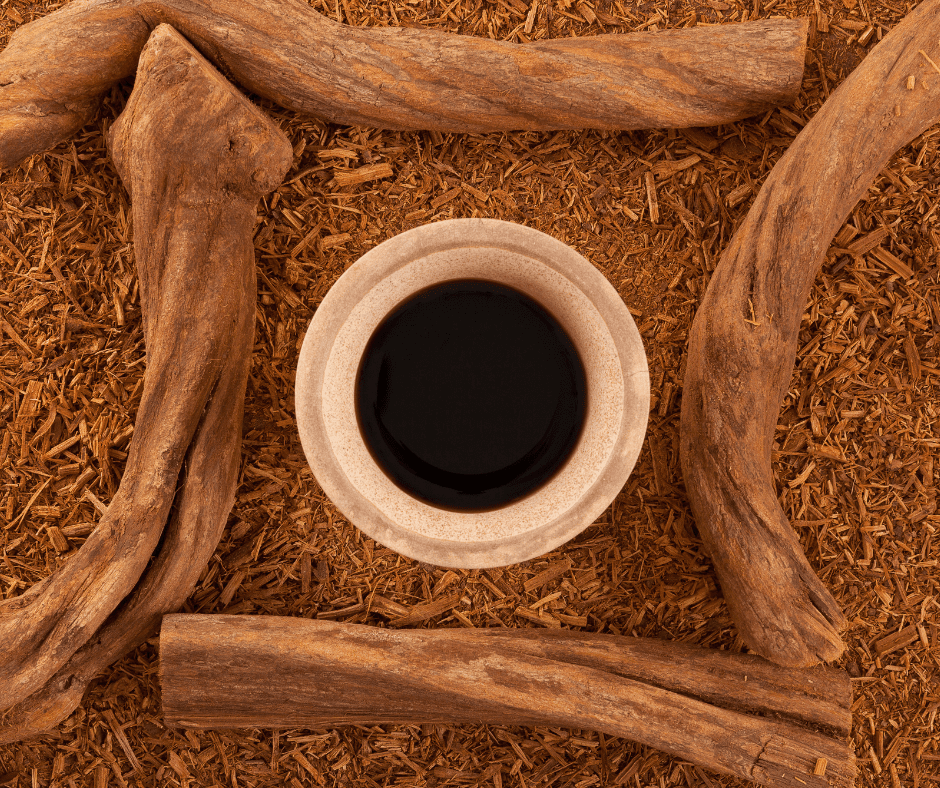
The Advantages of Ayahuasca Tourism
As I researched the ethics of Ayahuasca tourism, I found that there are advantages to this practice. It’s not only about making money, but there are benefits to the local economy, cultural exchange, and personal growth. In this section, we will explore the advantages of Ayahuasca tourism. We will look into the economic growth generated by Ayahuasca tourism and how it positively impacts the local communities. Additionally, we will examine how Ayahuasca tourism promotes cultural exchange between travelers and locals. Lastly, we will touch on how Ayahuasca tourism provides a pathway to spiritual transformation for those seeking to engage in this practice.
Economic Growth through Ayahuasca Tourism
Ayahuasca tourism has emerged as a promising industry that not only provides spiritual and emotional healing but also fuels the economic growth of certain regions.
The use of ayahuasca, a powerful hallucinogenic plant, has gained immense popularity among tourists seeking spiritual awakening and self-discovery. With the growing demand for ayahuasca experiences, its use is slowly becoming a commodity that generates huge profits.
The economic growth through ayahuasca tourism is simple – the more tourists visit and participate in ayahuasca retreats, ceremonies, or clinics, the more money pours into the region where it is offered. It’s not just about providing visitors with an unmatched experience; it also helps support local communities, creating job opportunities, and stimulating local craftsmanship. Ayahuasca tourism can help improve infrastructure such as building new hotels and restaurants or making improvements to transportation facilities.
Ayahuasca has been consumed for centuries by indigenous people in South America in traditional settings such as shamanic rituals or spiritual journeys. However, many westerners travel to these remote locations to find healing solutions that are unattainable due to legal restrictions in their country of origin. Ayahuasca provides an excellent alternative for individuals seeking relief from elusive mental health problems, and this was made even more apparent during Covid-19 when people were limited from travelling at all.
The potential of ayahuasca’s ability to boost regional economies highlights the importance of responsible care towards plants and culture associated with it. Tourists must respect Ayahuasca’s cultural heritage while ensuring that they maintain ethical standards that protect nature and local communities. Supporting local networks instead of large Western tour companies promotes cultural exchange without compromising on responsible tourism practices.
It’s time to explore new horizons while supporting incredible cultures and unique forms of spirituality globally! Up next: “Embrace Local Communities – Promoting Cultural Exchange through Ayahuasca Tourism.”
Promoting Cultural Exchange through Ayahuasca Tourism
As a means of advancing cultural exchange, Ayahuasca tourism has been making waves in recent times. Ayahuasca is a plant-based psychedelic that has been used for centuries by indigenous communities in Amazonian regions throughout Central and South America. In the context of tourism, Ayahuasca experiences are an increasingly popular way for people from all over the world to immerse themselves in indigenous cultures, fostering greater understanding and appreciation.
Promoting Cultural Exchange through Ayahuasca Tourism allows for visitors to experience traditional ceremonies while also supporting local communities economically. This cycle of mutual benefit ensures sustainable growth, and a positive impact on local culture and rituals. Visitors have the chance to learn about indigenous values while gaining access to unique knowledge, artistry and spiritual wisdom.
Ayahuasca ceremonies are a means of sharing cultural knowledge, spiritual practice and healing traditions with visitors seeking meaningful experiences. The rituals themselves involve the use of plant sacraments, prayer songs (Icaros) sung by Shamans or Curanderos (traditional healers), as well as group sharing sessions where participants can reflect on their experiences together.
In order to fully benefit from Ayahuasca tourism, it’s essential for travellers to engage respectfully with local communities they visit. Understanding the significance behind these practices is key to creating respectful communication channels between hosts and visitors alike. Encouraging open conversations about personal intentions can help foster trust-building relationships between both parties.
Overall, promoting cultural exchange through Ayahuasca Tourism creates opportunities for visitors to gain unique insights into indigenous cultures and traditions while helping support communities economically. By engaging respectfully with local practices and being mindful of our actions we can create mutual benefits which help both sides flourish.
As I embark on my first Ayahuasca ceremony I’m filled with excitement and curiosity to experience Spiritual Transformation through this powerful medicine.
Spiritual Transformation through Ayahuasca Tourism
There is a prevalent belief in the practice of Ayahuasca tourism where individuals can experience spiritual transformation. The journey to enlightenment through Ayahuasca tourism is one that often requires an individual’s complete surrender, yielding themselves to the medicine’s transformative powers.
Ayahuasca is believed to be a powerful tool for diving deep into the recesses of the mind and allowing individuals to connect with their inner self. It works by breaking down and rebuilding individuals’ perception of reality, providing them with a new level of awareness that they may not have been aware of before. This inspires spiritual advancement and growth.
While Ayahuasca has gained prevalence in recent years primarily as part of shamanism, there is much more about this plant-based medicine and its psychoactive properties that remain unknown. One common interpretation describes a response from the compounds in ayahuasca that bind tightly to serotonin receptors, improving mood and assisting those seeking treatment for depression.
A well-known fact reported by CNN, states that scientists at Imperial College London recently published evidence indicating “altered states induced by psychedelic drugs could help adaptation through increases in cognitive flexibility.” They discovered that psychedelics such as psilocybin increase brain function unrelated to perception or sensory processing while being administered but showed important long-term effects on integrating information across neural systems.
As for me, I am always curious about things larger than myself; however, practicing cautious intentions when using psychedelics or plant-based medicines often remains essential for ethical conduct.
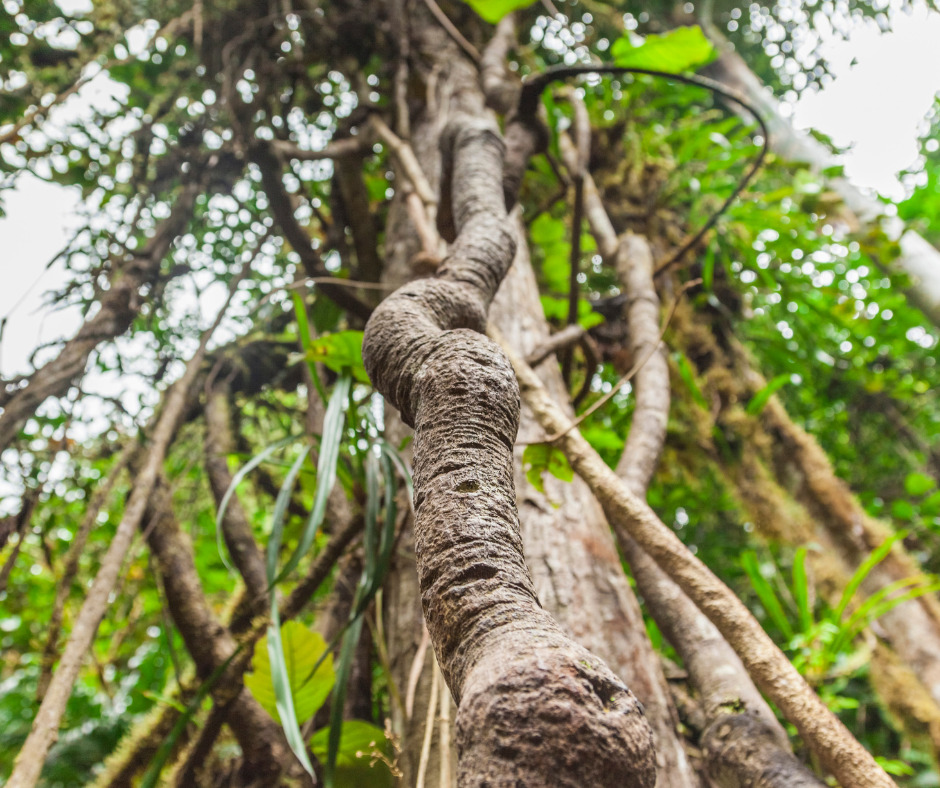
Balancing Benefits and Risks: A Way Forward for Ayahuasca Tourism
As a growing number of travelers seek out ayahuasca ceremonies, it becomes increasingly important to ask how we can balance the positive benefits with the inherent risks. This section explores a way forward for ayahuasca tourism, focusing on three key sub-sections.
- First, we will discuss the need for ethical guidelines for ayahuasca tourism, backed by research conducted by the Multidisciplinary Association for Psychedelic Studies.
- We will then examine the importance of ensuring the safety and wellness of ayahuasca participants based on the guidance from the Ayahuasca Safety Association.
- Finally, we will explore how we can cultivate respect and consideration for ayahuasca’s spiritual and cultural significance by sharing insights from indigenous leaders and spiritual guides.
Developing Ethical Guidelines for Ayahuasca Tourism
Developing Ethical Guidelines for Ayahuasca Tourism is an ongoing effort to ensure the safety, ethical and sustainable use of ayahuasca. The idea behind it is to create a set of rules or guidelines that would ultimately balance the benefits and risks associated with ayahuasca tourism. As more and more people become interested in the potential benefits of taking part in an ayahuasca ceremony, it is imperative that ethical standards are put in place.
Ayahuasca has been used for centuries by indigenous communities throughout South America as a means of spiritual exploration and healing. While this medicine has gained significant attention due to its therapeutic properties, there are clear risks associated with its use. Some of these risks include the ingestion of adulterated or contaminated plants, poorly administered ceremonies or inadequate preparation before the ceremony.
Developing Ethical Guidelines for Ayahuasca Tourism ensures that these risks are mitigated, while preserving the traditions and cultural values that go along with taking part in an ayahuasca ceremony. It involves creating a framework to regulate the training and certification of facilitators, ensuring that necessary medical support is available during ceremonies as well as holding people accountable for providing authentic experiences for participants.
As ayahuasca tourism continues to gain popularity across borders, there are growing concerns about unethical practices such as price gouging or monopolizing access to traditional knowledge which might further marginalize local communities. In this vein, Developing Ethical Guidelines also focuses on engaging with Indigenous Peoples who practice these traditions, respecting their sovereignty over their knowledge systems so as not to commodify them into westernized models thereby ensuring sustainability beyond financial motivations.
Ultimately Developing Ethical Guidelines for Ayahuasca Tourism adds significance beyond just monetary gain but goes on to balance ethics and wellness considerations thus enhancing trust between participants from diverse cultural backgrounds.
It’s crucial now more than ever before that we all get behind developing ethical guidelines for Ayahuasca tourism lest we miss out on experiencing some of the most profound healing moments that the universe intends for us.
Next up: Ensuring Safety and Wellness of Ayahuasca Participants – because no one wants to put their well-being in jeopardy.
Ensuring Safety and Wellness of Ayahuasca Participants
Ensuring safety and wellness of Ayahuasca participants is a crucial aspect of the growing trend of Ayahuasca tourism. Ayahuasca is a plant-based brew that has been traditionally used in shamanic rituals for spiritual and medicinal purposes among indigenous communities in the Amazon. However, with the increasing demand from tourists seeking to explore its potential benefits, there are concerns regarding safety and ethical practices.
To ensure the safety and well-being of Ayahuasca participants, it is essential to have trained facilitators who can guide them through the experience. These facilitators should be knowledgeable about the plant medicine, its effects, and potential risks. They can also provide support and guidance for individuals who may experience adverse reactions during the ceremony.
In addition to trained facilitators, it is important for Ayahuasca retreat centers to adhere to ethical guidelines that prioritize safety and wellness for participants. This includes screening individuals for any medical conditions or medications that could interact negatively with Ayahuasca. It also involves creating a safe and comfortable environment for ceremonies that respects traditional practices while incorporating modern facilities.
Moreover, ensuring safety and wellness extends beyond physical health. Mental health support should also be available before, during, and after ceremonies as Ayahuasca can evoke intense emotional experiences. This means providing access to licensed therapists or counselors who can help participants process their experiences in a supportive and non-judgmental environment.
According to an article published by The Guardian, fatalities related to Ayahuasca have been reported in recent years highlighting the importance of ensuring safety measures are taken seriously. Therefore, it is critical for retreat centers to prioritize participant’s health over financial gain by maintaining high levels of professionalism across all services offered during an Ayahuasca ceremony.
Thus, while Ayahuasca tourism continues to thrive globally due to its perceived benefits ranging from physical healing qualities such as reducing inflammation and anxiety reduction; emotional-spiritual growth as attested by people who participated once or many times- it’s encouraging to see the higher levels of emphasis on ensuring the safety and wellness of participants.
Cultivating Respect and Consideration for Ayahuasca’s Spiritual and Cultural Significance.
Cultivating Respect and Consideration for Ayahuasca’s Spiritual and Cultural Significance is a crucial aspect of responsible ayahuasca tourism. Ayahuasca is not merely a substance or commodity but an integral part of the spiritual and cultural heritage of indigenous communities in South America. Thus, it deserves reverence and protection, as well as sensitivity towards its diverse cultural contexts.
To achieve this respect and consideration, tourists must understand the far-reaching impact that ayahuasca has on the Amazonian culture. The significance of the plant medicine goes beyond its powerful physical effects to encompass a deep spiritual connection with nature and ancestral wisdom. Furthermore, it is essential to recognize that ayahuasca has been used in traditional healing practices by indigenous communities for centuries.
Cultivating respect for Ayahuasca’s spiritual and cultural significance demands understanding the proper protocols of an ayahuasca ceremony, especially regarding sacred space, invocation of spirits, music, diet restrictions before ceremonies and aftercare post-ceremonies. As a result, tourist operators should train their clients before they can embark on visiting centers where Ayahuasca sessions are held.
In addition, tourists need to know that there are problems emerging due to unregulated commercialization of Ayahuasca tourism which have resulted in incidents such as venue overcrowding, inadequate preparation by facilitators contributing to severe cases such as sexual abuse allegations among other issues. To appreciate the importance of cultivating respect for Ayahuasca’s spiritual culture significance further entails watching out against travel agencies promising very cheap rates or offering same-day sessions with minimal preparations.
Tourists must embrace these values with great admiration when seeking participation in Ayahuasca sessions as it has both social and ecological significance importance through maintaining harmony among different cultures while safeguarding priceless traditions. Taking part would serve as a reminder not only to be respectful but also privileged to gain access while having knowledge about what you receive upon enrolling for the session directed through trained guides applying holistic philosophies.
Five Facts About The Ethics of Ayahuasca Tourism:
- ✅ Ayahuasca tourism is a growing trend, with thousands of people seeking spiritual and healing experiences through the use of the plant. (Source: The Guardian)
- ✅ The traditional use of ayahuasca has strict rules and guidelines, which are often ignored in the context of tourism, leading to unethical practices. (Source: The Huffington Post)
- ✅ Ayahuasca is a powerful substance that can have both positive and negative effects on individuals, and its use should only be supervised by trained and experienced practitioners. (Source: Psychology Today)
- ✅ The commodification of ayahuasca and the rise of retreat centers and tourist packages have led to concerns about cultural appropriation and exploitation of indigenous communities. (Source: National Geographic)
- ✅ Discussions and debates around the ethics of ayahuasca tourism have led to the development of guidelines and regulations by some countries and organizations to ensure safe and responsible use of the plant. (Source: The Third Wave)
FAQs about The Ethics Of Ayahuasca Tourism
What is Ayahuasca Tourism?
Ayahuasca tourism refers to the practice of individuals traveling to south america to experience the psychedelic effects of ayahuasca a traditional indigenous plant medicine that is used for spiritual and medicinal purposes. The ethics of ayahuasca tourism involves examining the ethical implications of using ayahuasca in a tourism context.
What are the ethical concerns related to Ayahuasca Tourism?
There are several ethical concerns related to ayahuasca tourism which include cultural appropriation, exploitation of indigenous cultures, non-consensual filming and photography, lack of regulation and safety measures and promotion of irresponsible drug use.
How can Ayahuasca Tourism be done ethically?
To conduct ayahuasca tourism ethically it is essential to have a respect for indigenous cultures and traditions, to seek informed consent from participants and healers, to ensure that the process is conducted safely, and to avoid perpetuating cultural appropriation or irresponsibility surrounding the use of the drug.
What are the risks associated with Ayahuasca Tourism?
The risks associated with ayahuasca tourism include psychological distress, physical harm, a lack of medical support, and the potential for manipulative or abusive behavior from shamans or facilitators.
What is the role of shamans in Ayahuasca Tourism, and how can they be ethically engaged?
Shamans play an essential role in ayahuasca tourism and they have a responsibility to ensure their practices align with ethical principles. This involves being transparent with participants providing informed consent, ensuring appropriate medical care and avoiding manipulative or abusive behavior.
What steps can be taken to regulate Ayahuasca Tourism and ensure public safety?
Regulations should be developed to ensure that ayahuasca tourism is conducted responsibly and safely. A framework for regulation could include guidelines for informed consent training for facilitators and shamans, medical support and measures to prevent cultural exploitation and disrespect.
About Author
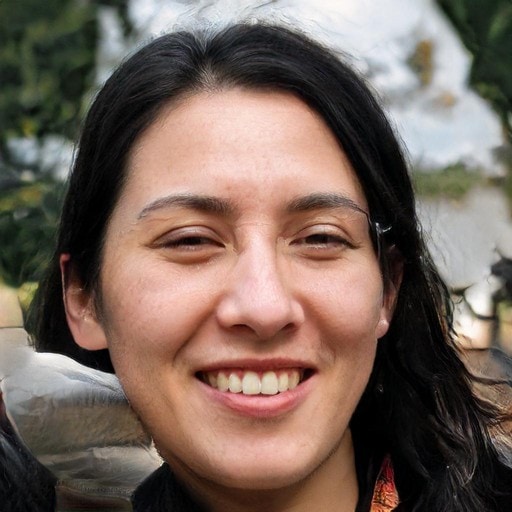
Kitty Ramirez is a passionate writer, explorer, and advocate for the preservation and understanding of indigenous cultures and traditional plant medicines. As the author of the blog, Kitty shares her knowledge and experiences from her many journeys across the globe, connecting her readers with the wisdom and healing practices of ancient cultures.
Born and raised in a multicultural family, Kitty developed a deep curiosity about the world and its diverse cultures at a young age. Her adventurous spirit led her to embark on a life of travel, exploring the far corners of the Earth in search of transformative experiences and a deeper understanding of human connection.
Throughout her travels, Kitty has had the opportunity to immerse herself in various indigenous communities, learning from their rich traditions and sacred healing practices. Her encounters with plant medicines, such as Ayahuasca, Sananga, and Rapé, have been particularly life-changing, inspiring her to share the power of these ancient remedies with a broader audience.
Legal Disclaimer: The information, including but not limited to, text, graphics, images and other material contained on this website are for informational purposes only. No material on this site is intended to be a substitute for professional medical advice, diagnosis treatment or recommendation. Ayahuasca is not an FDA-approved substance and side effects have been found. Make decisions based on your own level of comfort as an adult, not from anything you read on this website.

